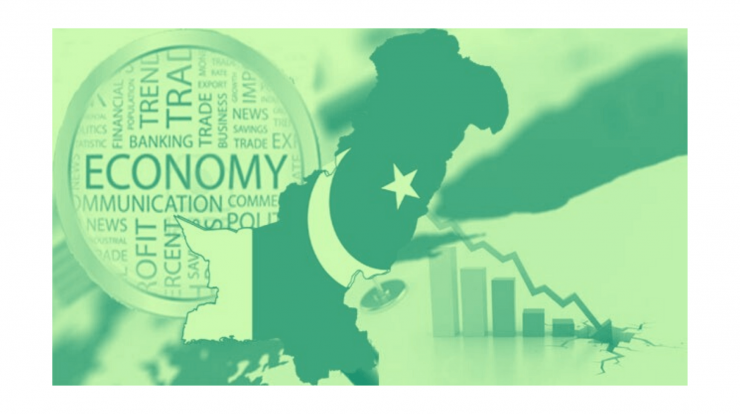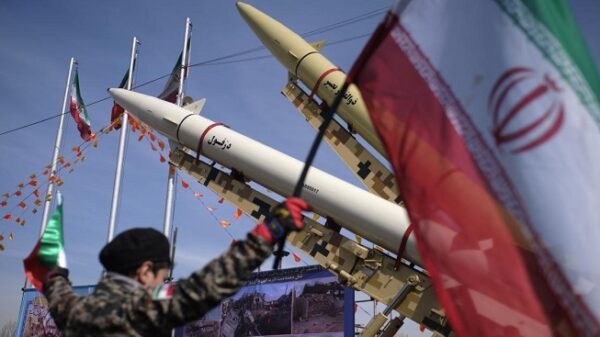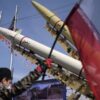ISLAMABAD: Pakistan needs to grow at 7-9% for 30 years to reduce public debt and create jobs by bringing a radical shift in functioning of the state and redefining the government role as a facilitator, says a new reform agenda released on Thursday.
Pakistan Institute of Development Economics launched ‘Reforms for Accelerated Prosperity and Inclusive Development’ (RAPID) report that also seeks to limit the constitutional terms of the prime minister and the members of the parliament to “maximum two”.
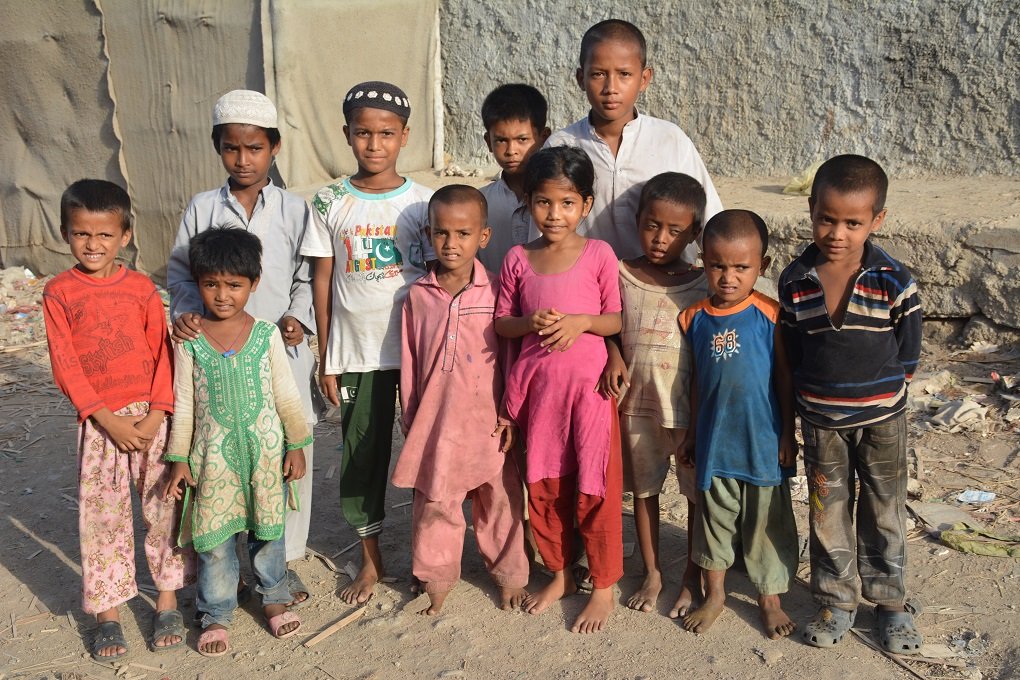
Minister for Planning and Development Asad Umar hosted the launching ceremony, as the country remains in search of a long-term economic framework in absence of new five-year plan.
There should be a maximum of two terms for the prime minister and all the legislators to break monopoly of political families that will lead to a stable democracy, according to the report. Currently, there is no limit on terms of PM and the legislators.
The PIDE reforms agenda emphasises achieving 7% to 9% economic growth rate annually for next 30 years to create two million jobs per annum and reduce the public debt, which it said has already become “unsustainable”. The reform package puts the government at the centre of the economic growth model, instead of the private-sector led growth.
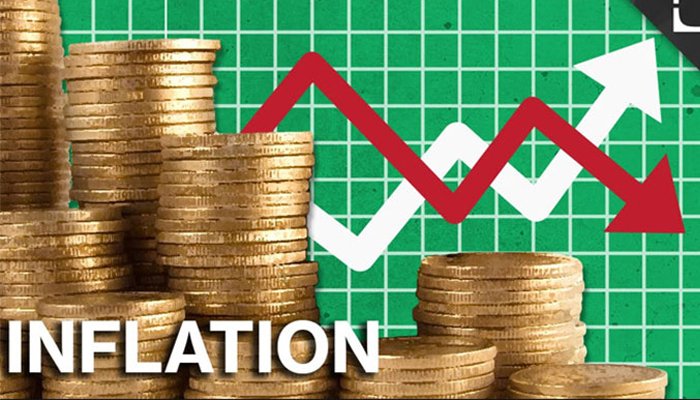
The private sector is bad in absence of the regulations and it is also a mafia, said PIDE Vice Chancellor Dr Nadeemul Haque. But Haque stressed that there was a need to reduce the footprints of the government, which controls up to 80% of the economy.
“Washington-consensus is not even implemented in Washington and the idea of free markets without government regulations is buried,” said the planning minister.
The minister said that macroeconomic stabilisation has taken roots during the past over two years and both current accounts and the primary budget were in surplus.

However, despite the primary budget being in surplus, the public debt has been increasing both in terms of GDP as well as in absolute terms.
“We are fixated with the macroeconomic stabilisation and IMF programmes are by definition recessionary,” said Haque.
“There is assumption that economic growth is averse of stabilisation and this needs to be examined,” said Planning Commission Deputy Chairman Jehanzeb Khan. There is not enough harmonisation of policies, as competing revenue policies have implications for the growth, he added. The 7.11% economic growth rate is required only for full employment, said Haque. Pakistan’s long run economic growth was declining due to a decline in both productivity and investment, which was very dangerous trend. There is also a steady increase in the public debt, which has to be stopped by ensuring high economic growth. The debt will keep piling up, if the country keeps growing at around 4%, according to the report. In order to bring the debt down, the economy has to grow at a rate that is “greater than 8%”.
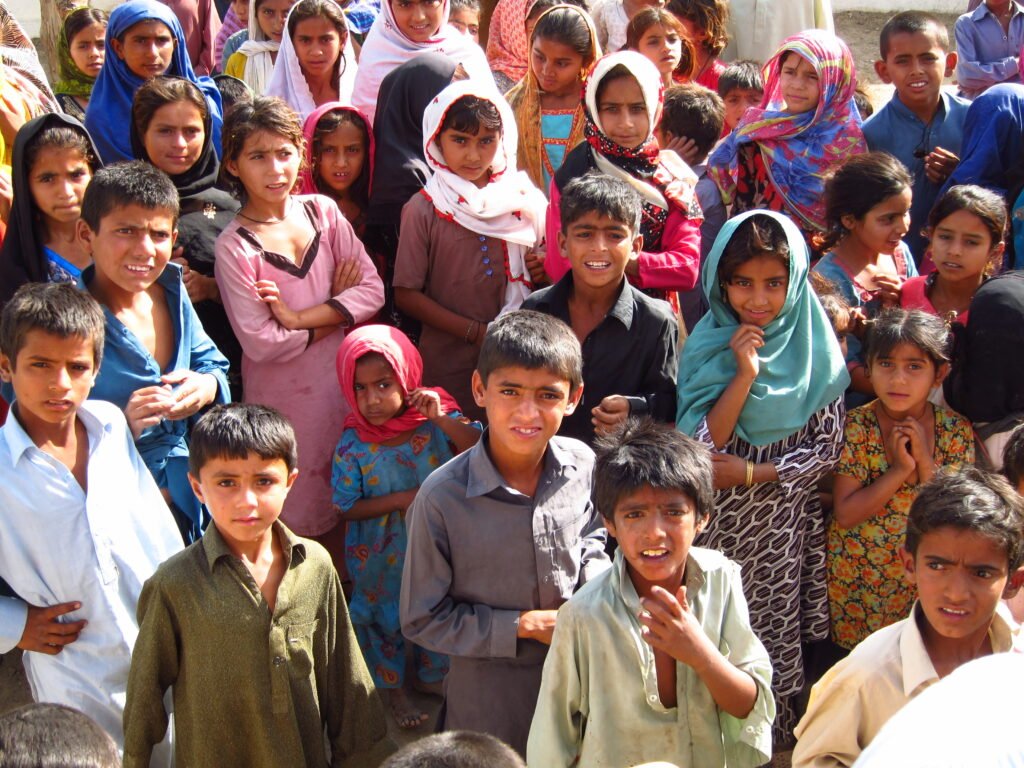
The country has an average growth rate of around 3% and to triple it would require massive resources, ownership of reforms and breaking the monopoly of the elites.
There is a need to shift from brick and mortar growth to “endogenous growth”, showed the report.
Umar said that more than economic growth rate, the equitable growth was more important.
“The elite capture is a reality in Pakistan and there is elite capture in the decision making that puts pressure of adjustments on the poor people,” said the minister.
Former city bankers and members of Pakistan Business Council have occupied key positions in the government of Prime Minister Imran Khan, including the position of the finance minister, commerce advisor, board of investment head etc.
Building a state for growth
Over 50% of the legislators in 2013 had a dynastic lineage and 597 families have monopolized the political arena since 1970, according to the PIDE.
It has recommended to “adopting a proportional representation electoral system to break the stronghold of established political monopolies”. The legislators also should not have say in the approval and execution of the development projects.
But even Prime Minister Imran Khan who was against politically motivated projects has issued dozens of directives to the Planning Commission to execute schemes recommended by the politicians.
The PIDE agenda stresses the need to have a modern civil service. It has recommended abolishing the combined and generalist civil superior service exams, suggesting to have specialised service groups.
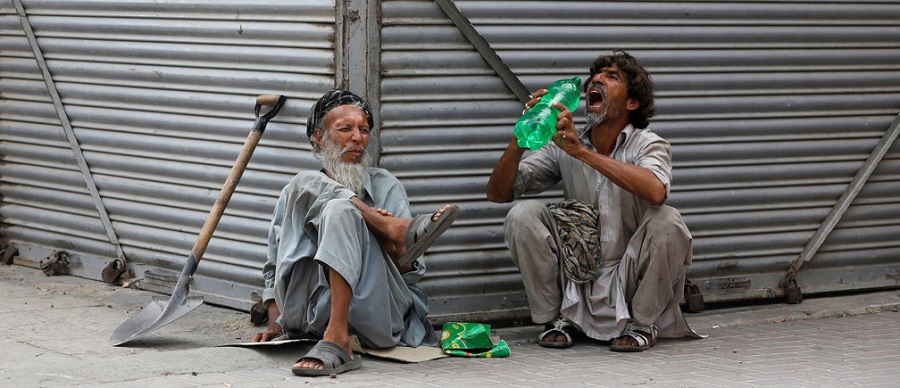
It also wants to do away with job security in all public service and abolish the dominating role of the one civil service group – the Pakistan Administrative Service.
Judiciary challenges
It takes 25 years to conclude litigation and judges lack knowledge of complex economic and commercial transactions, it states. The appointment of judges should be based on quantifiable parameters like number of cases won as lawyers and performance of the judges in lower courts should also be considered.
The superior courts should only focus on point of law and should refrain from reopening lower court cases.
Strategic interventions
There is need to have strategic interventions in four areas of agriculture, electricity, real estate and cities, according to the report.
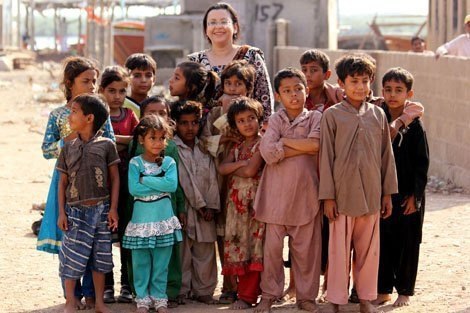
PM’s construction package was aimed at putting the construction sector on the map but it did not happen, said Haque. If you do not have towers you do not have economic growth, he added.
Cities should be engine of growth and the government should get rid of rigid master planning.
PIDE’s crude estimates suggest that if the five GORs in Lahore spread over 4,000 acres were to have 35 high-rise buildings with an average of 35 floors each this would require an average investment of $17.5 billion.
The PIDE has recommended focusing on openness of trade, internet access and taxation as cross cutting themes. There is need to end protection to local industries and tariff and non-tariff barriers should be lowered.


